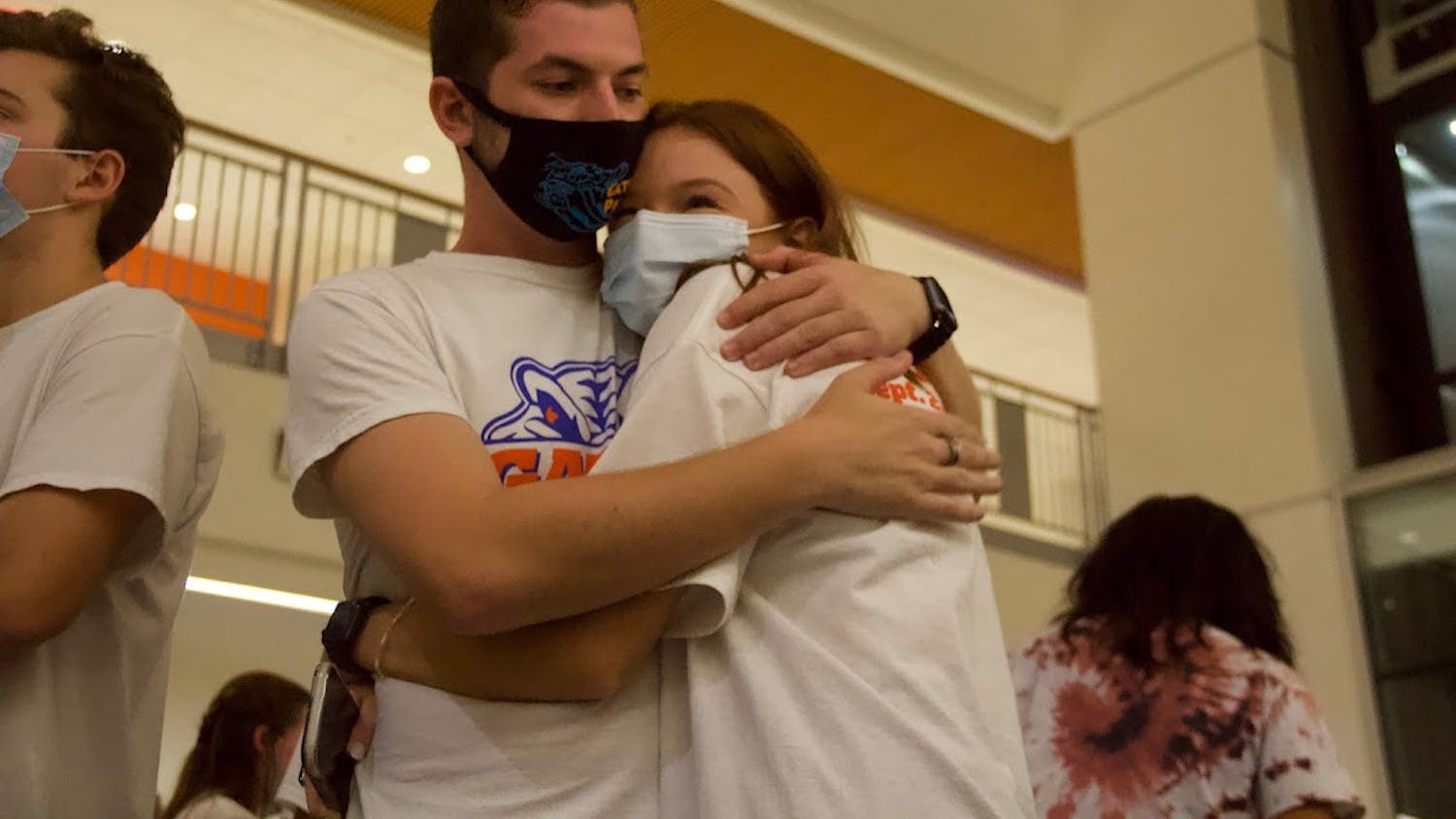Now more than ever, Americans have been questioning the importation of foreign labor. With the illegal immigration issue heating up, conversations of ethics, morals and rationale have mixed together to form a complex debate.
America's geopolitical landscape has shifted significantly, and our status as one of the key players on the international stage is threatened. Maybe we're not quite ready to admit to our slow loss of international control, but we can't get caught lagging behind.
Recently, the Senate has proposed a bill that will increase the yearly cap on H-1B work visas. The most substantial part of the bill is the category that would lead to an automatic green card for any foreign student who earns a master's degree in engineering or the physical sciences at a U.S. university. Essentially, we are inviting foreign students to join our academic institutions without having to worry about a complex green card process.
Of course, any foreign student who is accepted into an American university is the best of the best. These students would bolster our country's competitive drive, make our companies profitable and provide valuable knowledge to improve our existing foundations. Despite these clear advantages, many people strongly oppose the welcoming of highly skilled and qualified foreign students into this country.
The argument is that foreign entrepreneurs pose a threat to American engineers and other programmers who fear being replaced. With a faltering economy and scarcity in the job market, such apprehension is justified. However, for how much longer can we fixate on individualistic needs? While we certainly want to boast and emphasize American intelligence, we can't forget that America as a whole is falling behind, especially in the education sector. We simply aren't breeding highly qualified students who can take on the tasks that a technical job market demands. We must fight these concerns broadly, through a macro-level perspective.
The goal of the H-1B bill isn't to deprive Americans of job opportunities. In fact, many foreign students perform tasks that American students are unwilling to do, usually because the stipend is too low. But for foreign students coming from impoverished countries, the incentives in America are dreams come true. Not to mention, foreign students come here to help nourish American institutions with their talent and skill sets.
Furthermore, H-1Bs do not pose a financial threat to American employees. Academic and government studies have demonstrated that foreign employees are often paid less than American employees. The sad truth is that the real motive behind the H-1B bill is not to help foreigners prosper but to exploit them for cheap labor. America needs foreign students and employees in order to excel.
Just because our job market is suffering today doesn't mean we should prevent foreigners from coming to our country, especially when they can help us achieve far-reaching goals. The H-1B bill will initiate efforts to bring in the workforce that we need.
Moreover, by providing green cards to foreign entrepreneurs, US companies will no longer have to address the concerns of foreign-born workers who are often stuck in the middle of a messy and complicated immigration system. Specifically, their reliance on foreigners stems from the fact that American schools are simply not producing the caliber of students that tech industries demand.
For many years now, immigrants have traveled to our country to build their dreams with relentless stamina. In turn, U.S. tech companies have only excelled through the contribution of foreigners who bring innovative and creative ideas to the table - ideas that are simply not bred through American education. The H-1B bill will make our economy stronger, and it will challenge the stakeholders to produce domestic workers who are as competent as the foreign ones.
Akansha Mishra is a pre-law junior at UF. Her column appears on Fridays.





